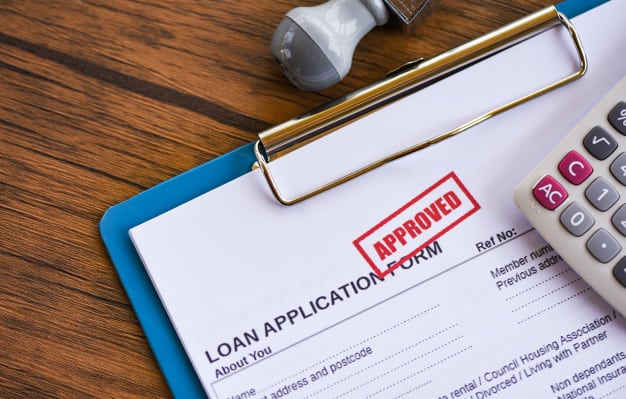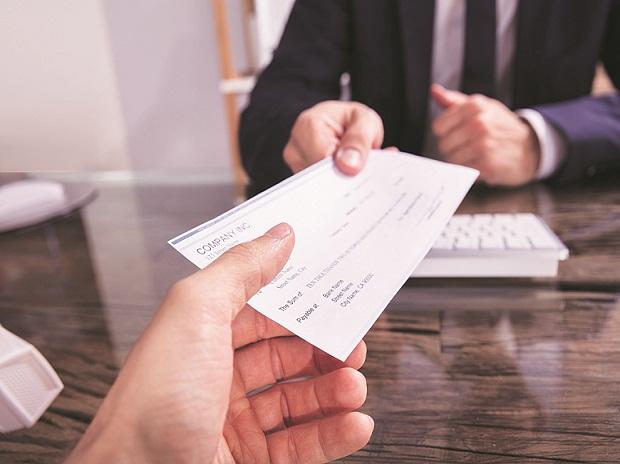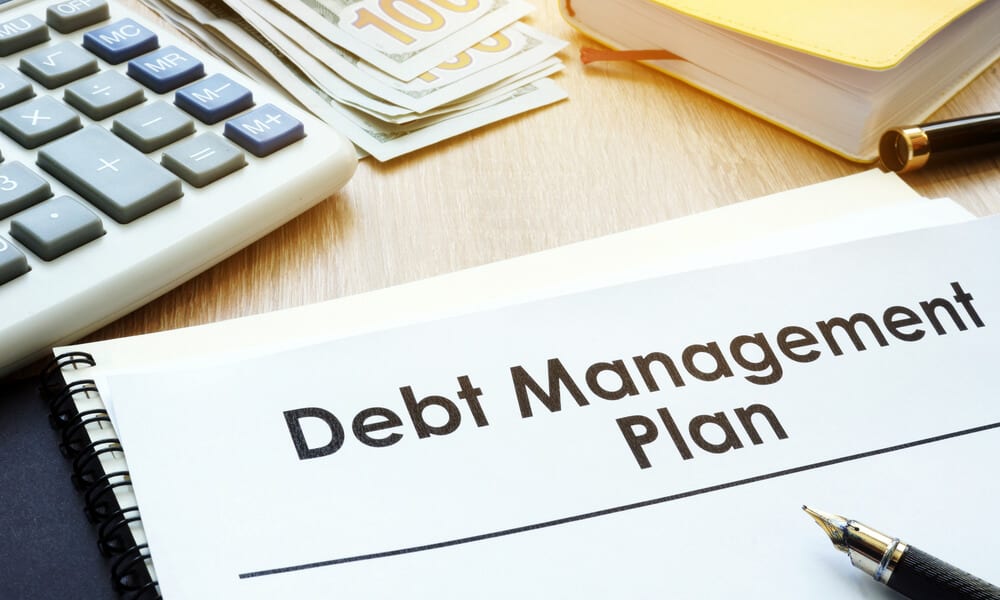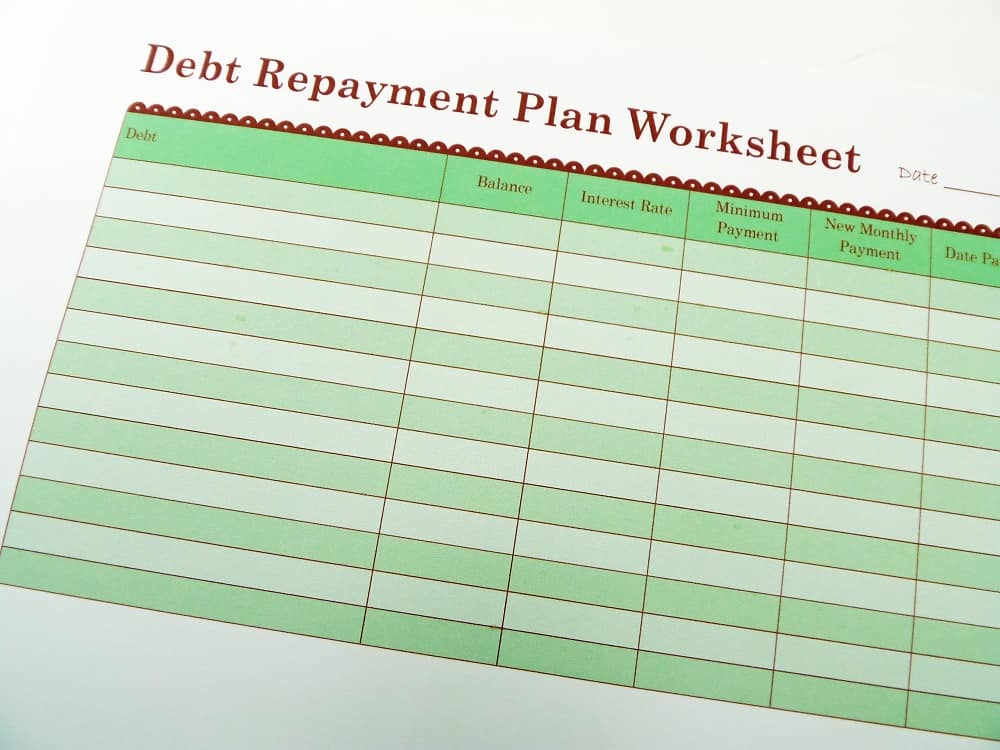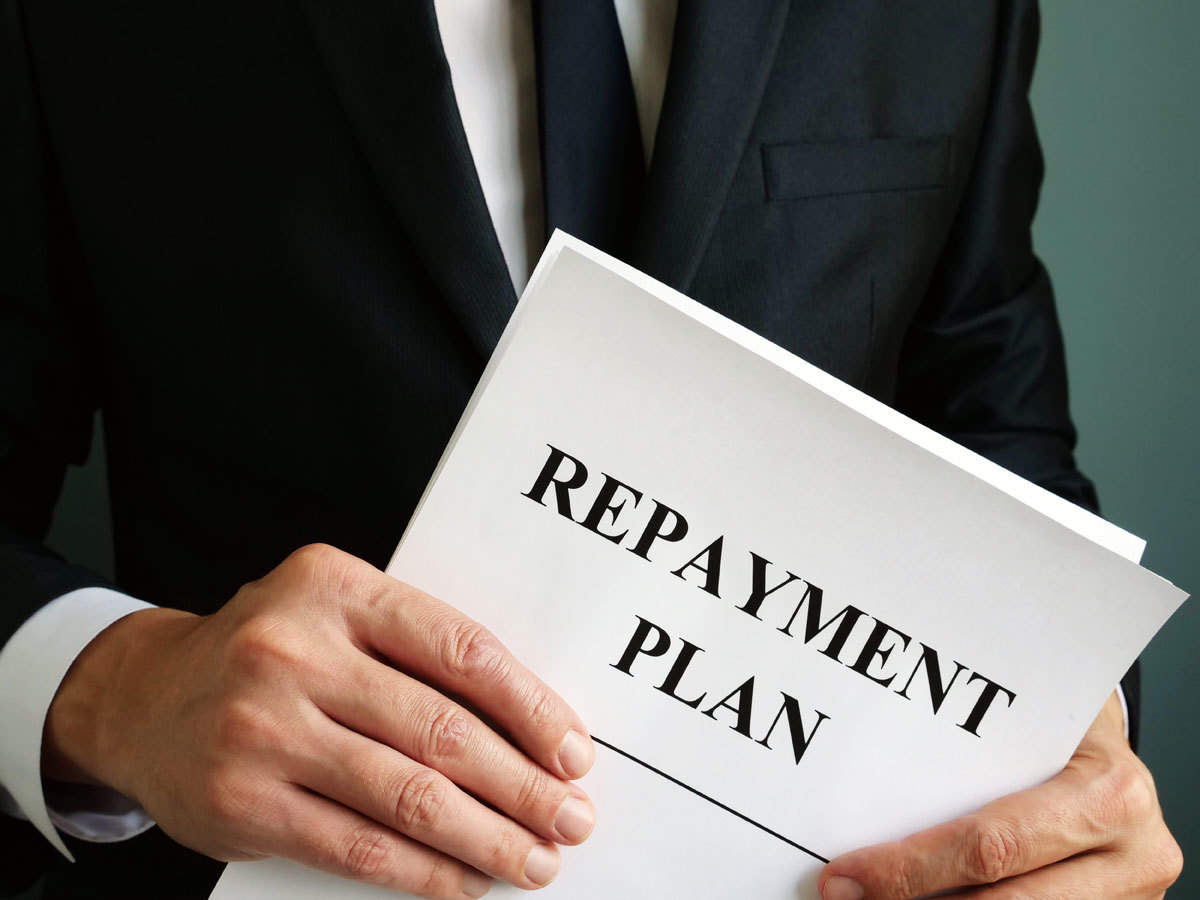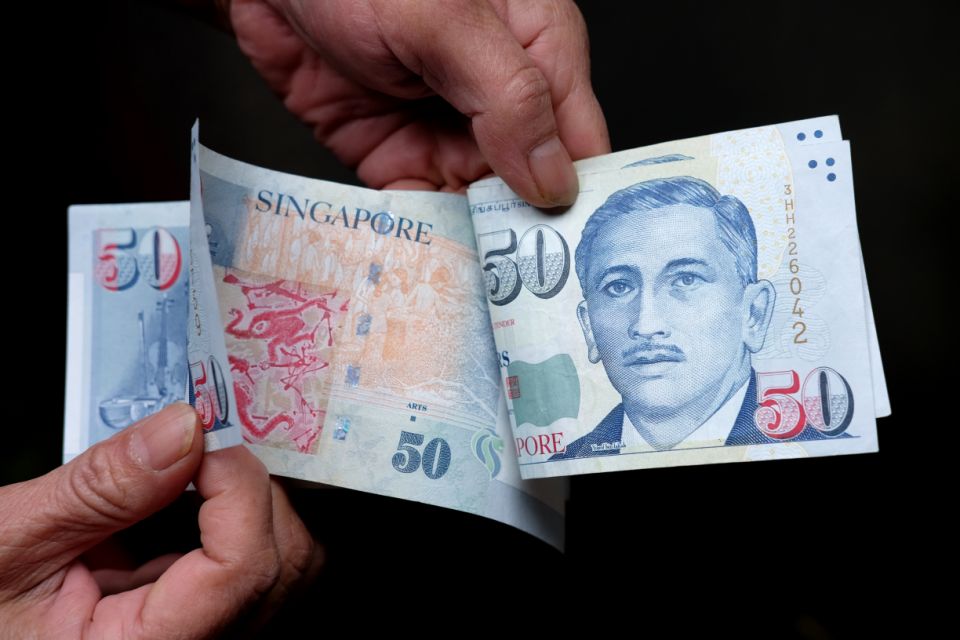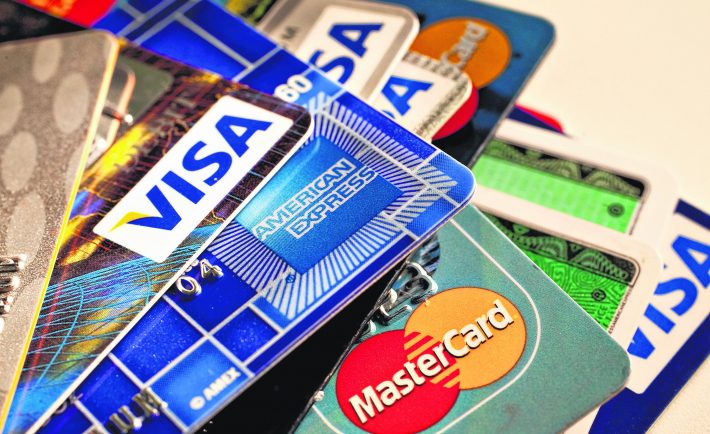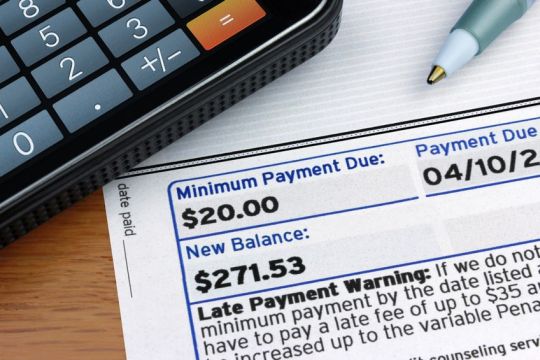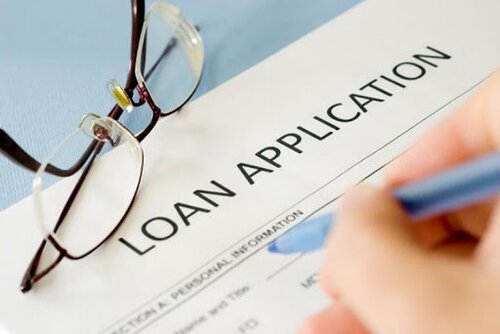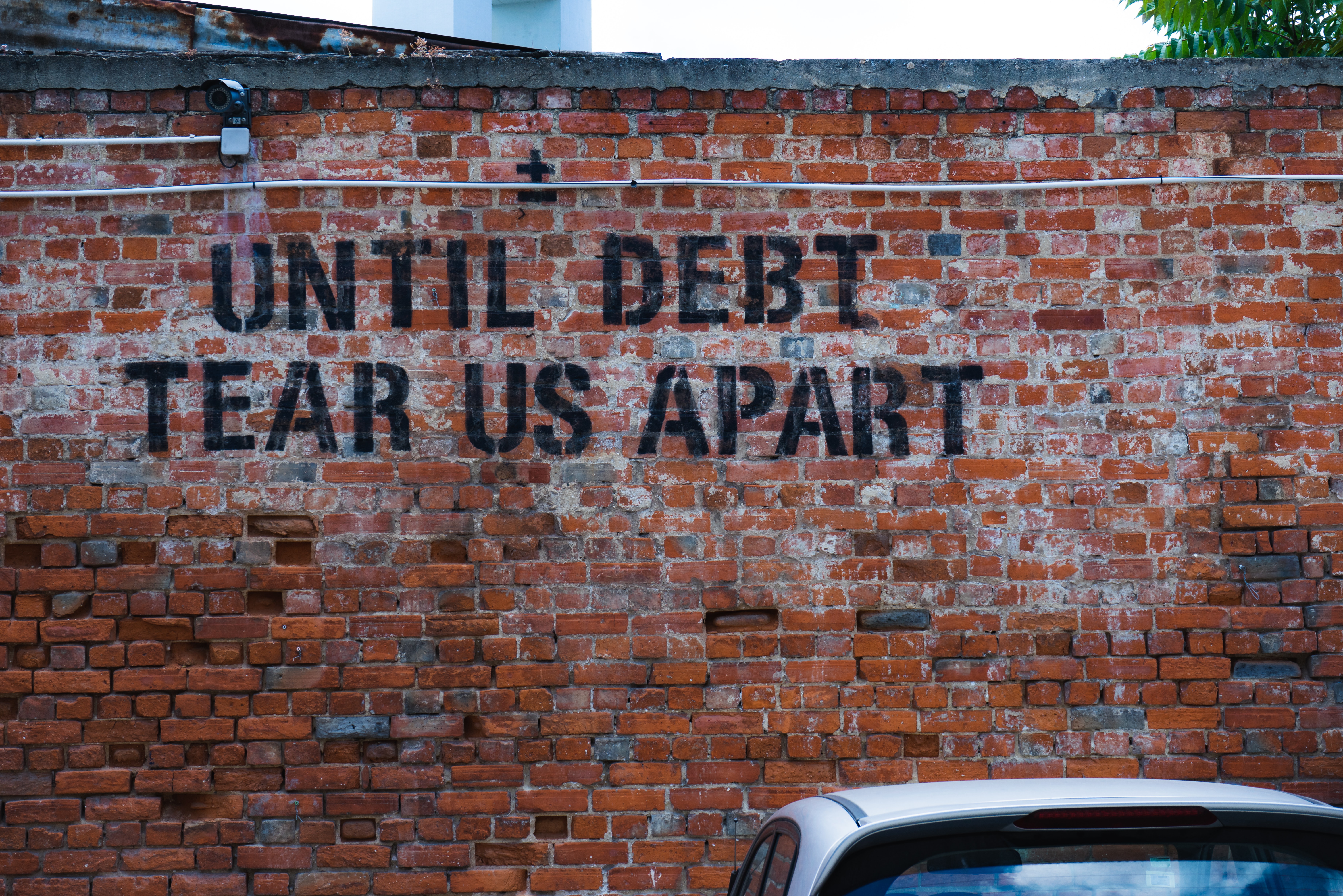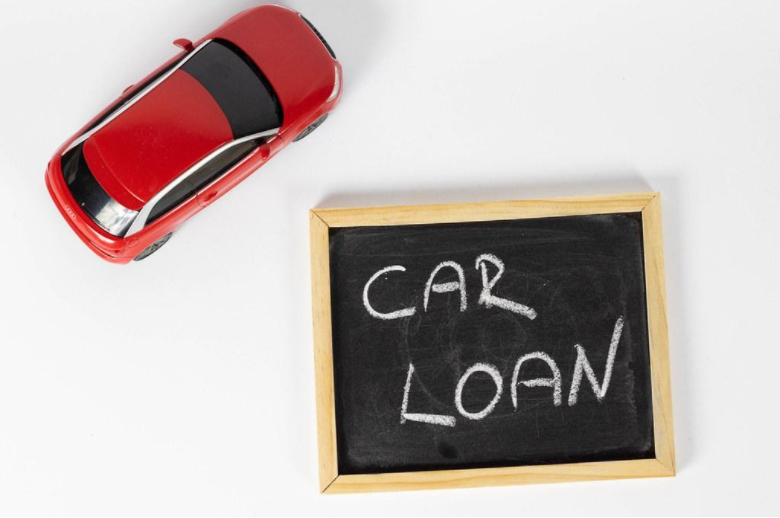
A car loan is perhaps one of the best loans to be ever created by lenders. It allows you to finance a vehicle easily that can help you cut down on commute costs in the long run. If managed properly, you will end up a proud owner of a new or used car. However, if you mishandle the loan and make delays in the monthly payments, you might end up in emotional and financial stress.
You could be struggling to reach a decision. We are sharing a list of pros and cons to help you make an informed decision.
Pros
You Get a Card Without Paying a Dime Out of Your Pocket
Technically, the car you buy is paid for by the bank. Financing this loan 100% has now become a common practice. Not everyone can buy a car no matter how much money they have in their savings account. Hence, a car loan is such an attractive option.
It Improves Your Credit History
Unlike small loans that don’t add much to your credit score, a car loan allows you to improve your credit history. As long as you keep making the monthly payments on time, you will see your score increase gradually. The improvement in your credit score will help you get approved for a home loan later.
Low Rates
In most cases, a car loan is secured. Banks or lenders, such as Jacaranda Finance, typically offer a 5-year term. On a $25,000 loan at a 3.5% interest rate, you will only have to pay a few thousand dollars. Plus, with the extended period, you can divide the payments either by weeks or months.
Tax Deductions
If the car you purchase is for business, the cost of running the car and its interest payments will be tax-deductible. Your claim for the business portion cost depends on how the car is used for work-related errands.
Cons
The Bank Owns the Car Until Your Make the Full Payment
A car loan is secured where the collateral is the car itself. Meaning: if you fail to make the full payment, the lender or bank will repose the car. This could also affect your credit score and leave a negative marking on your credit history.
Depreciation
As time passes, your car’s value depreciates. The depreciation rate depends on the model of the car. In some cases, the remaining amount of the loan is higher compared to the car’s market value, which means you are paying more than its price tag. If you decide to sell the car and get another one, you will have to cover the difference between what you make from the car’s sale and the remaining loan amount you owe to the lender, and this can pose a problem.
So, you now know all the intricate details of a car loan. The pros outweigh the cons, which, in our opinion, makes the loan a great option. Just imagine getting in your car every morning rather than waiting for the bus and then finding no seat.


